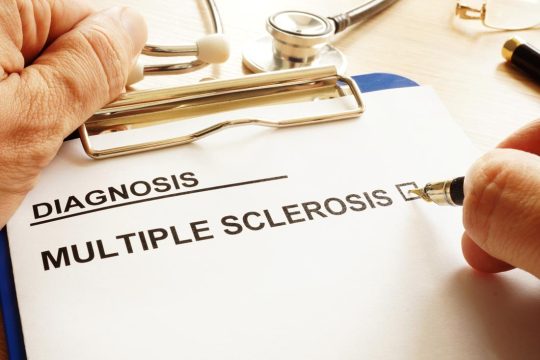Advertisment
ITS 2012 Report – Immunosuppression: What’s to come? Immunosuppression in the pipeline

by Maria Dalby – Efforts continue to develop new anti-rejection agents that are as effective as the calcineurin inhibitors (CNI) but without the debilitating side effects. However, the current pipeline is thin and there is no obvious panacea remedy on the horizon. Mounting the lectern, UCSF professor of clinical medicine Flavio Vincenti remarked that whilst a decade ago, a 30-minute lecture would have been quite insufficient to present the pipeline of immunosuppressive therapies, he feared he would struggle to fill the 15-minute session allotted to him at the ITS in 2012.
The rationale for developing new immunosuppressive drugs may indeed seem weaker than it did 10 years ago, as graft failure rates in the first year post-transplant have dropped dramatically in recent years. However, Professor Vincenti reminded the audience that graft survival beyond the first year post-transplant has remained comparatively stable in the same period.1 Amongst immunosuppressive therapies currently in the pipeline, the ones holding out the greatest promise to transplant clinicians are tofacitinib and anti-CD40 monoclonal antibody as yet known only as ASKP1240.
Tofacitinib is a Janus kinase (JAK) type 3 inhibitor which is currently in Phase III clinical development for the treatment of rheumatoid arthritis and in Phase II for the treatment of psoriasis, inflammatory bowel disease and renal transplantation. Tofacitinib inhibits inflammatory mediators through gene suppression along the JAK-STAT signaling pathway which is key to the transmission of information into the cell nucleus. Tofacitinib also appears to have an effect on JAK type 1 which may further explain its therapeutic efficacy. However, Professor Vincenti cautioned against rushing into off-label use of tofacitinib once it becomes available for prescription: a recently reported Phase II multi-centre study led by the team at UCSF showed that whilst tofacitinib was clinically equivalent to cyclosporine for preventing acute rejection and was associated with improved renal function it showed significant side effects at the higher range of therapeutic doses, mainly in the form of serious infections including CMV and BK virus.
CD40 is a co-stimulatory protein that appears on antigen-presenting cells and endothelial cells. Several anti-CD40 monoclonal antibodies are currently in clinical development; the most promising of these is ASKP1240 which is currently in Phase I. ASKP1240 is a fully human antagonistic antibody against CD40 which inhibits both humoral and cellular immunity by blocking the CD40 protein’s interaction with its ligand, and is expected to be effective as anti-rejection prophylaxis and for the treatment of autoimmune diseases. To date, two Phase I studies have been completed: one ascending single-dose study in 104 healthy subjects which showed that doses of 3 and 10mg/kg achieved maximum receptor occupancy for 29 and 60 days, respectively, and one Phase 1b study in renal transplant recipients in which ASKP1240 was well tolerated at all doses with no evidence of cytokine release syndrome or any thromboembolic events. In addition, the incidence of infection in this study was not dose dependent. ASKP1240 showed non-linear pharmacokinetics, and receptor occupancy tended to be prolonged as dose increased.3 Professor Vincenti concluded that although at an early development stage, agents that target T and B cells with attenuated toxicities have the potential to improve graft survival further in future.
Flavio Vincenti, UCSF Medical Center, San Francisco, USA
References:
- Lamb KE, et al. Am J Transplant 2011; 11 (3): 450-462
- Vincenti F, et al. Am J Transplant 2012 [Epub ahead of print]
- Yang et al. Presented at ITS 2012





